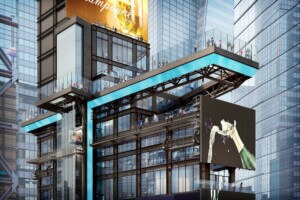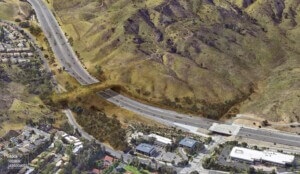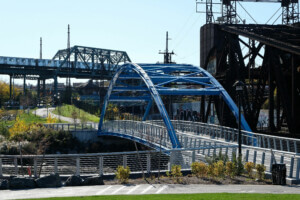When developer-turned-gallerist Allan Reiver moved from Colorado to Manhattan in 1989, New York City was still emerging from a near-catastrophic financial collapse and the years of economic austerity that followed. Social services had been slashed, crime rates remained high, and a neoliberal refashioning of the city’s land economy was well underway.
SoHo, the neighborhood that Reiver quickly adopted as his own, had already transformed from a manufacturing hub into an artists’ community, laying the groundwork for its eventual gentrification into an astronomically expensive residential neighborhood and high-end boutique shopping district.
Gazing west from his apartment on Elizabeth Street in 1990, Reiver took note of an empty city-owned plot of land about halfway between Prince and Spring Streets. Abandoned, overgrown, and strewn with garbage, the blight stretched all the way back to Mott Street and served almost no meaningful purpose.
For Reiver, the lot presented a unique opportunity to display sculptures and wares from his adjacent antiques gallery, a vision he brought to fruition after persuading the city to lease the empty space to him for $4,000 per month. Since 1991, the land has become a valued community green space known as the Elizabeth Street Garden, replete with statues, seating, architectural elements, and seemingly more plant life than the rest of SoHo and Little Italy combined.
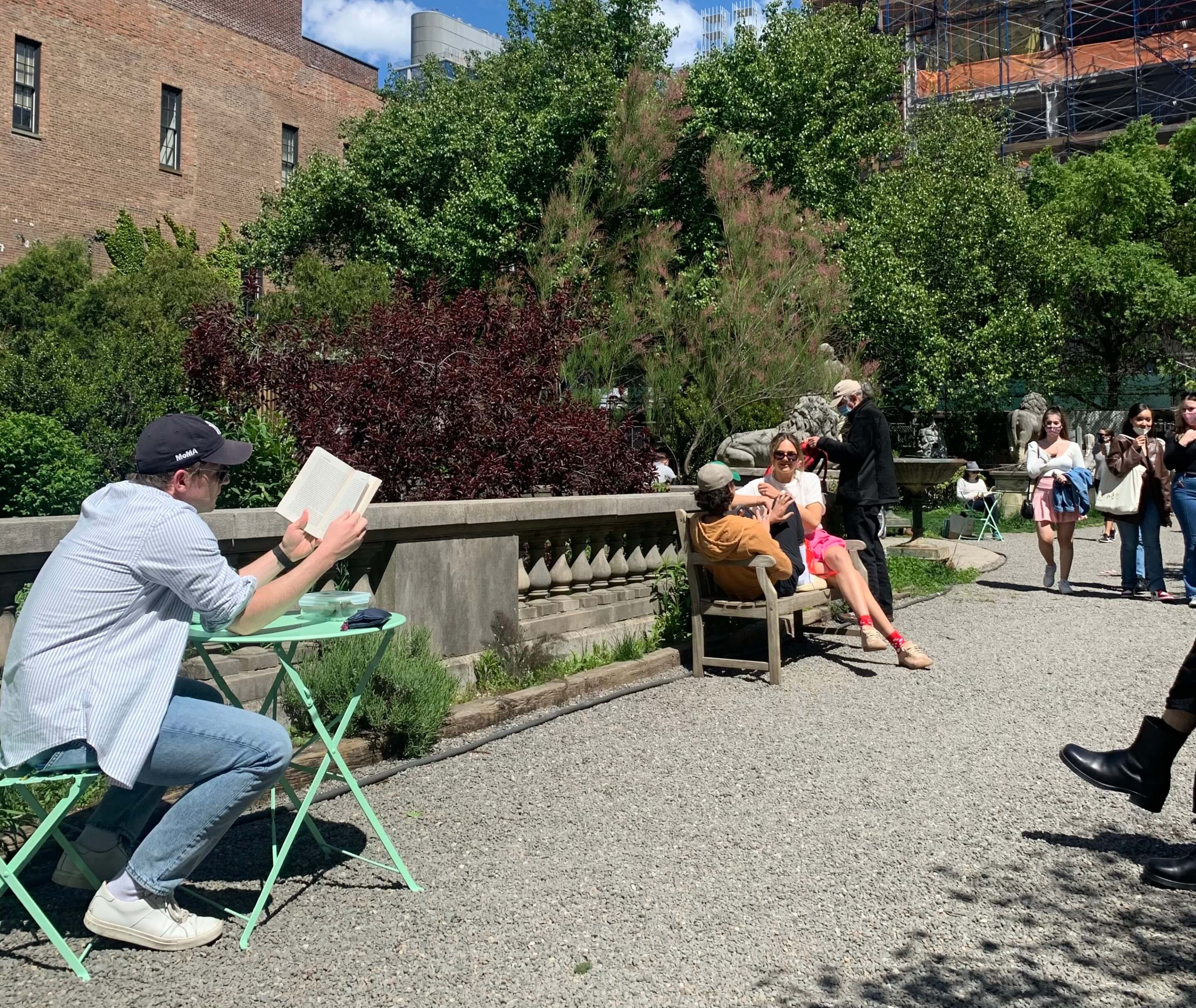
Every summer, the garden hosts a series of film screenings, live music nights, poetry readings, and weekly community gardening events that have become a neighborhood staple. But the space is also cherished for its more informal offerings—the respite from the area’s tourist-packed thoroughfares that it provides, the sunlight it filters onto the street and nearby buildings, and the chance encounters it cultivates between neighbors. So, when the city expressed interest in ending Reiver’s month-to-month lease to make way for affordable housing in 2012, there was notable local backlash.
Reiver established a nonprofit to represent the garden, maintain the space, and formalize its approach to public programming. Supporters of the nonprofit hired civil rights attorneys and, in 2019, joined forces with Reiver to file a lawsuit against the city for disregarding environmental concerns and purportedly violating local zoning ordinances in their development scheme. An affidavit filed by Reiver noted both the 30 years of labor that he has invested in the space and its role in helping to revitalize the area as reasons for preservation.
City officials, while sometimes outwardly sympathetic to the garden’s supporters and their cause, are adamant that the city’s need for affordable and low-income housing is far too urgent to retain an unbuilt lot in an otherwise dense and central neighborhood. Led by prolific affordable housing developer Pennrose, the proposed Haven Green development would provide affordable units to a portion of the 200,000 low-income senior citizens that now sit on New York’s housing waitlists.
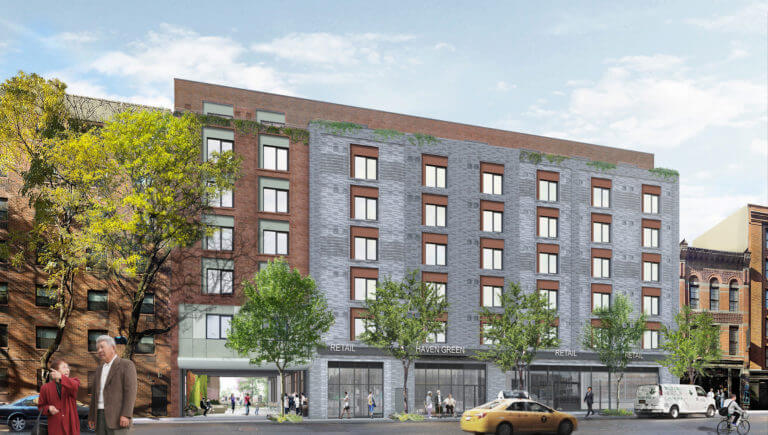
According to renderings posted on the Haven Green website, the development would consist of a 7-story building and a publicly accessible garden along Mott Street, a small concession to the members of the community who have come to rely on Elizabeth Street Garden as a critical green space in the neighborhood.
New York City councilmember Margaret Chin, the representative for the district that includes the lot and a staunch supporter of the city’s redevelopment plans, noted that the building would provide 121 new affordable units and office space for local nonprofits. “Together, we can set an example for the rest of the City as a leader in inclusive, affordable urban planning that benefits the entire community.”
While the upsides of both options are plainly evident, the pending legal decision between the two has riled up familiar debates, often in the form of heated town hall meetings and public pleas for support. Elizabeth Street Garden’s website has a built-in pop-up window to raise funds for the organization’s legal battle against the city, while New York officials have accused organizers of a concerted disinformation campaign against Haven Green.

For many New Yorkers, the competing desirability of housing affordability and accessible green space in a city lacking both gives rise to a quintessentially unfair zero-sum game. Some proponents of the garden’s preservation have pointed out that there are other city-owned vacant lots in the area that the Department of Housing Preservation and Development (HPD) could pursue, though few present the particular opportunities of a large-scale through lot on a centrally located block like that leased by Elizabeth Street Garden.
In a broader sense, the garden’s supporters find fault in the dissonance between the city’s supposed prioritization of affordability and its actions. For much of the 21st century, New York officials have given luxury developers practically unlimited license to demolish older apartment buildings, build on city-owned property, and capitalize on the marketable benefits of nearby green spaces and public amenities. While other city-owned buildings and lots either sit vacant or undergo conversions into market-rate housing, there are doubts as to why a community garden 30 years in the making must be sacrificed.
With Reiver having passed away in May of this year, the organization’s court case against the new development waded into hazy territory. Some attorneys believe that, even with Reiver’s son now leading the nonprofit, the garden’s demolition is a near certainty. Construction of Haven Green could begin by the end of 2021, but questions about New York’s dubious dichotomy between housing and green space will likely endure for years to come.








